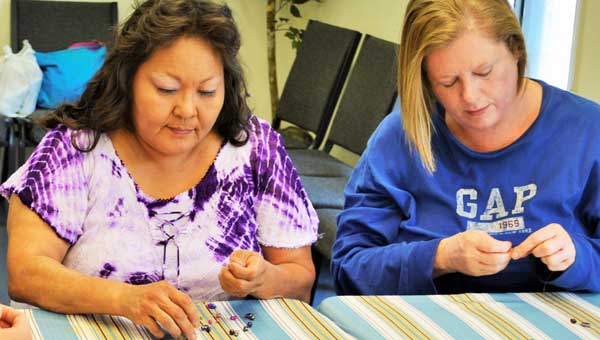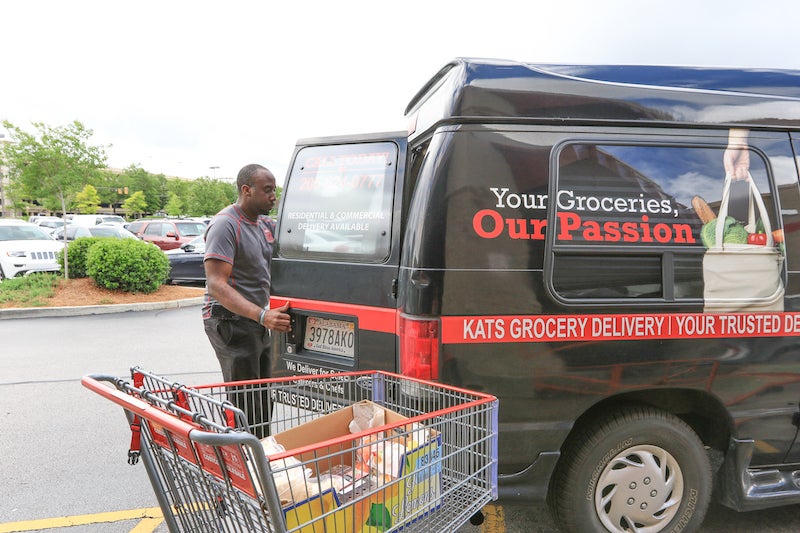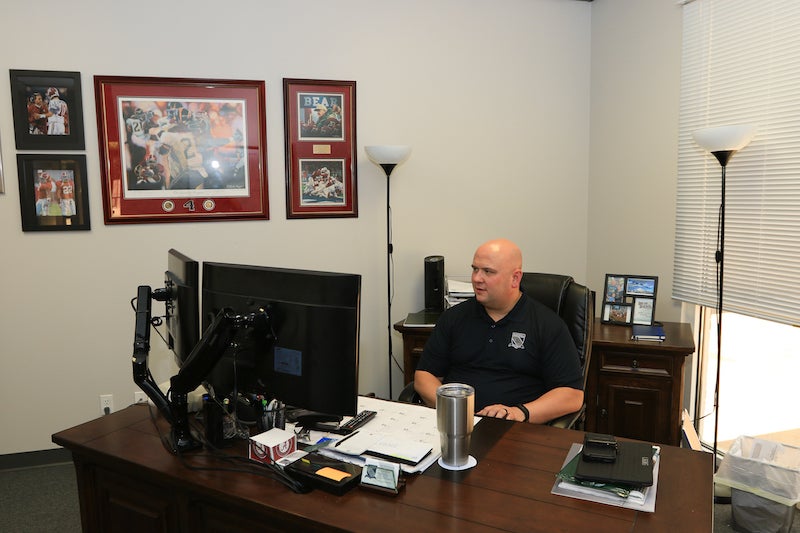Hope is a Home
Published 12:09 pm Monday, June 13, 2016
My Sister’s Place provides shelter and more for women in need
Story By Jennifer Corn-Freeman
Photos Contributed
Prior to 2011, there was not a Christ-centered shelter in Shelby County to meet the needs of local hurting women. Despite an overwhelming need, women released from correctional or rehabilitative institutions — or simply fleeing dangerous living conditions — had few options aside from returning to the primary source of their dysfunction.
Meeting the needs of hopeless, hurting and homeless women in Shelby County began only as a vision, as an emotional response to need, but materialized after several years of prayer, planning and, finally, the incorporation of My Sister’s Place Inc. in June 2011.
My Sister’s Place, a non-profit Christian organization, welcomed home its first resident in October 2011. But even before the doors could be opened, the first resident was sleeping on the sofa in the home of My Sister’s Place director, Cindy Hildebrand, whose heart for hurting women would not allow for the homelessness of a single woman.
“Recovery is a life-long process and one that requires active participation especially in the first several months of one admitting their powerlessness to substances or behaviors that have been destroying their lives,” Hildebrand says. “I just couldn’t live with the thought of so many women who earnestly desired help with recovering their lives facing closed doors or none at all. I was tired of seeing good women return to hopeless situations only because they had nowhere else to go.”
The first MSP residents were housed in a single garden home that was rented in Montevallo. Although this home comfortably accommodated six women, it quickly reached maximum capacity. Through the blessing of prayer and faithful Christian service, only seven months after opening the doors, the organization was able to purchase the rented garden home as well as the one adjoining it, thereby doubling the capacity to care for women.
“It’s the goal of MSP to change lives, not addresses,” Hildebrand says. “Our mission defines how many women we can assist at a given time, not mere property. The program isn’t easy: It requires focus, effort, honesty and time. It’s a process, one individualized to specific needs rather than a predetermined length of stay and/or services.”
Although MSP is not technically a rehabilitation facility, the fundamentals of this rigorous program include the 12 Steps of recovery and especially their corresponding biblical principles.
Women seeking the refuge and services of MSP must genuinely desire assistance with overcoming life-threatening issues. In the absence of healing, many of the residents face serious consequences such as incarceration, estrangement from children and even death.
“Although the afflictions may manifest in a variety of ways, the core issue is generally always a spiritual one and unfortunately can prove to be a deadly malady,” says board member Jennifer Freeman. “Because the problem is serious, so must be the commitment to healing.”
For this reason, MSP residents must be prepared to commit to a minimum of six months of support during which time they will live in a very structured environment with an emphasis on spiritual recovery.
The level of commitment required of the residents is equaled only by that required of the village of Christians who give of their time and talents to invest in the lives of every MSP resident.
My Sister’s Place is funded by generous donors and the residents themselves. As the women become gainfully employed, they are provided money management tools, and through contributing to their own sustainability financially are instructed on responsible living.
Because My Sister’s Place is fundamentally Christian, the program is ineligible for most federal or state subsidies. Although in need of funding, the organization remains unwilling to accept conditions that may compromise their ability to proclaim Christ as their cornerstone. So at times, extreme resourcefulness and creativity have been required to meet budget demands.
First introduced in 2014, residents began making personalized charm bracelets, uniquely created by the use of charms specific to the designer’s individual story. “My Story, Your Jewelry” includes a brief bio of the lady who created the bracelet, which according to many, is more precious than the jewelry itself.
“The bracelets have been popular gift ideas because the gift has little to do with the value of the jewelry and everything to do with the investment in the life a stranger,” Hildebrand says. “This is truly a gift that keeps giving.”
The addition of handmade body scrubs and body butters brought with it the need for a product label. All MSP products are now collectively sold under the label of “Cahaba Lilies,” symbolic of the process MSP residents undergo as they become firmly rooted between the rocks of Christ and His love, cleansed and then flourish with a new kind of beauty.
Until recently, these products were only available through special events and sites like Facebook and Etsy. However, the organization has planned a June grand opening of its Calera store, “Transitions,” where these products and others will be available for purchase six days a week.
“Transitions,” located on Highway 31 in the heart of old-town Calera, will be more than a place of business for the sale of MSP handmade goods: It will also offer the community a comfortable environment for browsing, refreshments and relaxation.
Additionally, it will create much-needed jobs for the ladies recovering their lives through MSP and will serve as a model for those who may have aspirations of opening a small business of their own.
Although sales are important because operational costs require it, the goals of this business far exceed traditional business goals. “We’re dealing with people’s lives,” Hildebrand says. “The goal is to restore lives, not accumulate financial wealth.”
Despite its limited resources, My Sister’s Place has enjoyed steady growth since first offering its services to the community in 2011. The addition of two homes purchased in 2014 made it possible for the organization to accommodate children who are reunified with their mothers while residing at MSP.
The need to support mothers and children during this fragile time made offering this much-needed service a top priority. Since opening its doors to children in 2014, MSP has provided refuge, support and healing to 14 children who have been reunited with their mothers and introduced to a new, improved way of living.
Although pleased with the success of this program, MSP supporters are quick to point out that more is needed.
In their efforts to meet the needs of Shelby County women, there is a plan of extending MSP services through the acquisition of additional property that will accommodate more women and their children.
To meet this goal, there is an aggressive fundraising campaign underway. In addition to tax-deductible monetary donations, MSP highly values the contributions of time and talents of those willing to invest in the life of a Shelby County sister.
“Donated property would be a dream come true — an answered prayer,” Freeman says. “But, it is prayer that makes MSP successful, and we can never have enough of that.”
For more information, visit Mysistersplaceinc.org.









